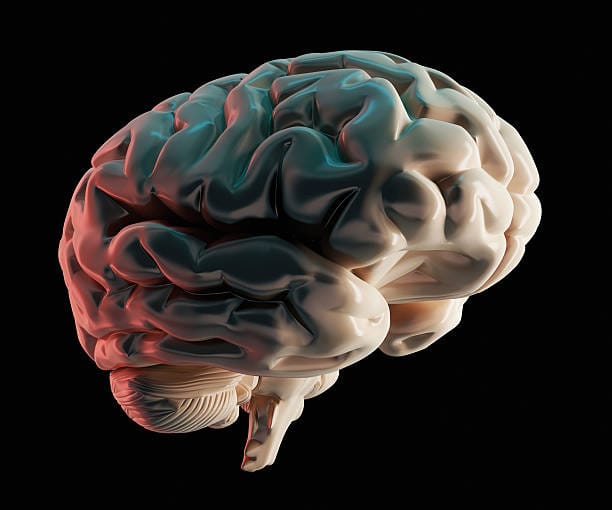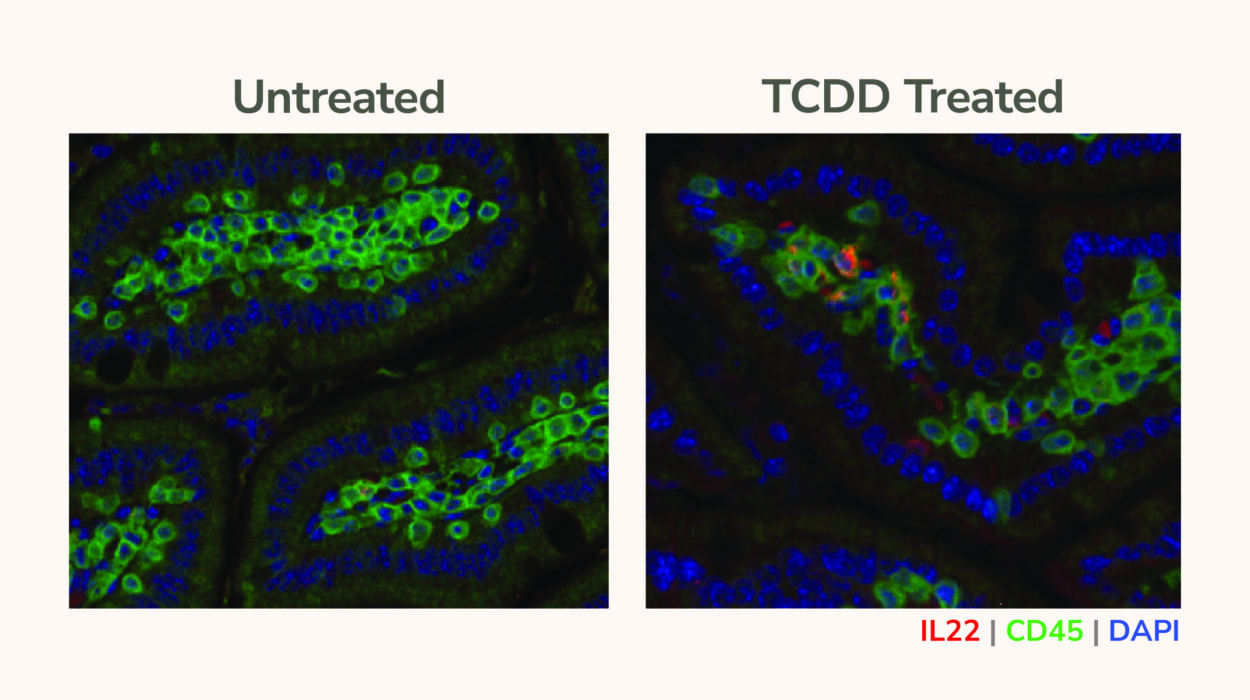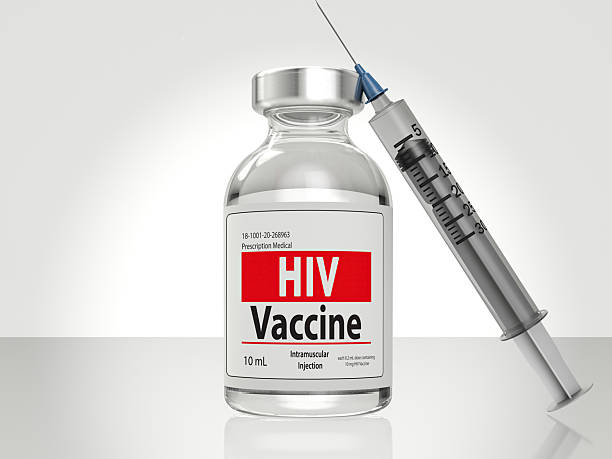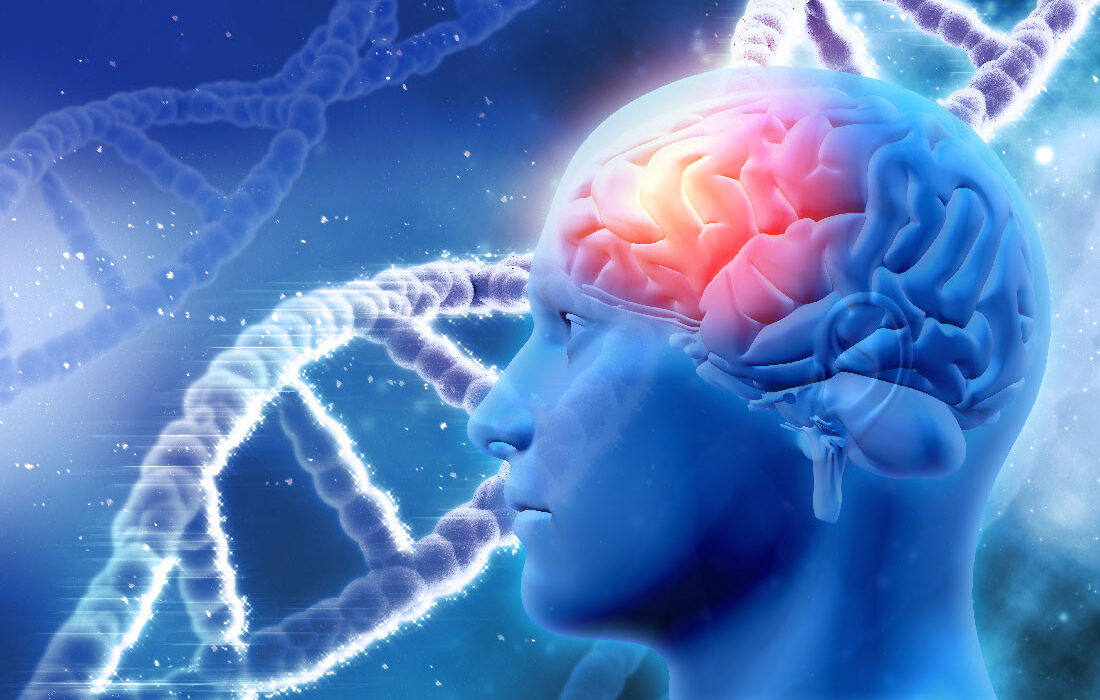It’s the world’s favorite legal stimulant, served up in morning mugs, energy drinks, and iced lattes. Caffeine is everywhere—fueling workdays, workouts, and late-night study sessions. But a new study has stirred the pot on caffeine’s effects, especially for those with a history of depression. Published in Complex Psychiatry, the research reveals a nuanced relationship between caffeine intake, psychological distress, sleep satisfaction, and genetics.
If you’ve ever wondered whether your fifth cup of coffee is helping or hurting your mental health, science is starting to have answers—and they’re more complex than a simple “cut back.”
Caffeine, Depression, and Psychological Distress: A Closer Look
The study focused on over 11,000 adults in Australia who had been diagnosed with or treated for depression. These participants completed detailed questionnaires about their caffeine consumption, sleep habits, and mental health. About 9,000 also provided DNA samples, giving researchers the rare opportunity to examine how genetic differences might influence the effects of caffeine.
The central finding? People who drank large amounts of caffeine—six or more caffeinated beverages a day—tended to report higher levels of psychological distress. The researchers used the Kessler Psychological Distress Scale, a well-validated tool that measures symptoms like anxiety, depression, and emotional instability. On this 50-point scale, each additional caffeinated drink per day was associated with a 0.2-point increase in distress scores.
That might sound small, but it was statistically significant. More importantly, the distress increase wasn’t seen in people who consumed moderate amounts—three to five caffeinated drinks daily—suggesting a threshold beyond which caffeine might begin to take a toll on mental health, especially for those already vulnerable.
The Genetics of Your Coffee Habit
Why do some people seem to thrive on coffee while others become jittery, anxious, or sleep-deprived after a single espresso? The answer may lie in your DNA.
The study examined several genetic variants previously associated with caffeine metabolism and sensitivity. One of the key genes, CYP1A2, influences how quickly caffeine is broken down in the liver. People with a variant near this gene (rs2472297) tend to metabolize caffeine more slowly and therefore consume less of it. On the other hand, a variant near the AHR gene (rs4410790) was associated with higher caffeine consumption, likely because these individuals process caffeine more quickly and need more of it to feel the same effects.
But it’s not just metabolism that matters. Another variant near the MMS22L/POU3F2 genes (rs34645063) was strongly linked to caffeine sensitivity. People with this genetic signature were more likely to report that caffeine interfered with their sleep—and they tended to consume less caffeine overall. In essence, the more caffeine messes with your body, the more likely you are to avoid it. Nature, it seems, is a fine-tuner.
Sleep: The Surprisingly Small Player in the Puzzle
Caffeine and sleep have a long and tumultuous history. It’s well-known that caffeine can delay sleep onset, reduce total sleep time, and alter sleep architecture. But surprisingly, this study found little evidence that caffeine intake was strongly associated with sleep satisfaction in people with a history of depression.
That doesn’t mean people were sleeping like babies after six Red Bulls. It means that, statistically speaking, those who drank a lot of caffeine weren’t significantly more dissatisfied with their sleep compared to moderate or low consumers—at least not once other variables like age, sex, and body mass index were controlled for.
This might be because people naturally self-regulate. If you’re sensitive to caffeine’s disruptive effects on sleep, chances are you’ve already cut back. The data backs this up: each additional caffeinated drink consumed per day was linked to a 16% lower likelihood of reporting caffeine sensitivity. People were adjusting their intake based on how caffeine made them feel.
“We expected caffeine consumption to be associated with poorer sleep, which it wasn’t,” said lead author Harry McIntosh, a PhD student at the University of Queensland. “People naturally adjust how much caffeine they consume based on how they respond to it.”
A Two-Way Street: Cause or Effect?
One of the thorniest questions in this study is whether caffeine is actually causing psychological distress—or whether people under stress are simply reaching for another coffee.
This is especially important in the context of depression. Symptoms like fatigue, low motivation, and cognitive slowing are common—and caffeine, with its energizing properties, can feel like a lifeline. That means people may increase caffeine intake in response to their mental state, not the other way around.
“We cannot assign a causal relationship because participants may increase caffeine consumption in response to symptoms of depression,” McIntosh explained. “It’s also possible that people who are more distressed are using caffeine as a form of self-medication.”
This chicken-and-egg problem is common in observational studies, especially those based on cross-sectional data—snapshots taken at a single point in time. While the study adjusted for factors like alcohol, nicotine, and painkiller use, it still can’t conclusively determine what comes first: the coffee or the distress.
Why This Study Matters
Despite its limitations, the study offers valuable insights into how caffeine interacts with mental health, especially in populations already at risk. It challenges the idea that caffeine is harmless or universally beneficial. For people with depression, the data suggest that very high levels of caffeine consumption may be a red flag—not necessarily a cause, but perhaps a signal that something deeper is going on.
It also highlights the role of genetics in shaping our caffeine habits. This isn’t just a matter of personal choice or willpower; our DNA plays a powerful, often invisible role in how much caffeine we consume and how our bodies handle it.
And perhaps most importantly, the study underscores the need for a personalized approach to caffeine use. What’s fine for one person may be too much for another, especially if mental health is part of the picture.
Where Do We Go From Here?
The findings open several avenues for future research. Longitudinal studies that track caffeine use and mental health over time could help tease apart cause and effect. Clinical trials could test whether reducing caffeine intake improves mood or sleep in people with depression.
Better tools for measuring caffeine intake—beyond self-reported drinks—could also improve accuracy. Blood levels, for example, might give a more objective picture. And exploring caffeine’s effects in more diverse populations, including those without depression, could reveal how these dynamics play out in the general population.
In the meantime, if you have a history of depression and find yourself guzzling multiple energy drinks just to get through the day, it might be worth checking in with yourself. Is caffeine helping, or is it masking symptoms that deserve more direct attention?
Conclusion: Know Your Limits, Know Yourself
Caffeine is neither villain nor miracle drug. Like many substances that interact with the brain, its effects depend on dose, context, and individual biology. For people with depression, it may provide a temporary lift—but in high amounts, it could also add to distress.
Understanding how you respond to caffeine—physically, mentally, and emotionally—is key. Pay attention to how it affects your sleep, your mood, your focus. Your genes might be whispering the answer, even if you’ve never had them tested.
At the end of the day, the relationship between caffeine and mental health isn’t about swearing off coffee forever. It’s about awareness, balance, and making choices that serve your well-being. Because sometimes, the most powerful thing you can do for your mental health… is to put the mug down.






